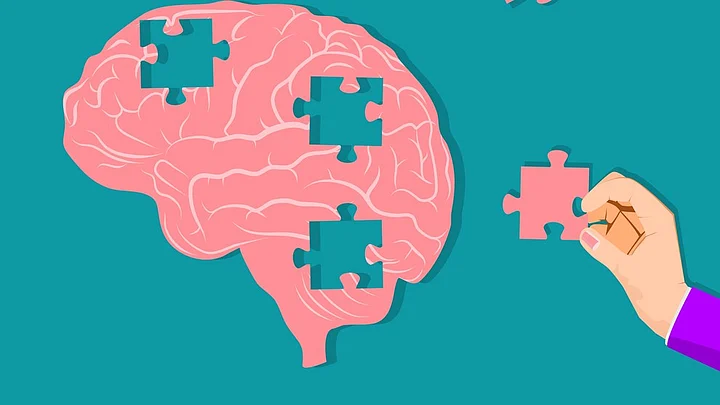[This story has been produced as part of #ABillionVoices campaign ahead of #IDPWD2023. Learn more about Accenture's Disability Inclusion initiative.]
About 1 billion people globally are living with one form of disability or another - visible or invisible. In India alone, according to the last Census report, there are more than 21 million people with a disability. There is a paucity of data on the number of Indians living with neurological conditions. Statistics around their employment are even more sparse.
Last year on International Day for Persons with Disabilities (IDPWD), The Quint and Accenture held impact segments to understand how organisations can leverage technology to assist and provide reasonable accommodations to persons with disabilities.
Ahead of IDPWD 2023, we dive deeper and examine how organisations must also make a concerted effort to address the invisible barriers of neurodiversity and study the domino effect on the mental, emotional, and social well-being of neurodiverse people.
Neurodiversity encompasses everything from attention-deficit/hyperactivity disorder (ADHD), autism spectrum disorders, dyslexia, dyspraxia, dyscalculia, Asperger's syndrome and social anxiety conditions.
According to Harvard Health, neurodiversity is the notion that people experience and interact with the world around them in different ways. It argues there is no one right way of thinking, learning, and behaving and that we must not view differences as deficits. On the contrary, leaders and hiring managers should study the merits and advantages of behaviours that move away from conventional thinking and present alternate perspectives unique to changing circumstances.
Researchers have produced empirical evidence that neurodiverse people have higher-than-average analytical skills, critical and structured thinking, problem-solving abilities, alertness in pattern recognition, and stronger mathematical acumen. Some also possess excellent attention to detail and can perform complex or repetitive tasks better over time than their neurotypical peers. People living with dyslexia are far more creative and armed with robust spatial reasoning and can work even with limited information. According to the scientists at the University of East London young dyslexics are excellent at remembering a virtual environment. In this regard, many dyslexics can succeed in fields like engineering, industrial and graphic design, architecture, as well as construction.
Despite the competitive edge they bring to an organisation, neurodiverse people struggle to fit the job profiles that hiring managers seek. Oftentimes, during the hiring process, their credentials get overshadowed by their shortcomings around clear and consistent communication, emotional intelligence, and their incomprehension in conforming to standard practices. This results in unconscious screening out of neurodiverse people.
A big opportunity for India Inc. in accelerating disability inclusion therefore lies in creating awareness around the untapped potential of attracting neurodiverse talent. Hiring managers and leaders must be sensitised and trained to recognise their unique capabilities. Efforts must be made towards creating a safe space for applicants who may otherwise be wary of disclosing their challenges for fear of negative repercussions, social isolation, or impediments in their recruitment or career progression.
Accenture recognises the true value of neurodiverse people. They have recently focused on bringing in neurodiverse people through dedicated approaches to integration. They have also launched a people community group exclusively for caregivers of neurodiverse dependents. Additionally, they have also enhanced their inclusive benefits and medical insurance covers treatment and therapy for autism and all neurodiverse disabilities.
But most fundamentally, Accenture remains committed to disability inclusion through their focus on creating awareness via ongoing sensitisation sessions and training workshops to foster a more cohesive work environment. By introducing learning modules on neurodiverse disabilities, VR immersive experiences of these disabilities, and encouraging peers to share their stories, Accenture has set an example for India Inc. organisations keen on championing disability inclusion.
